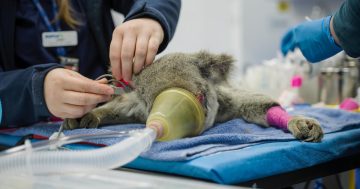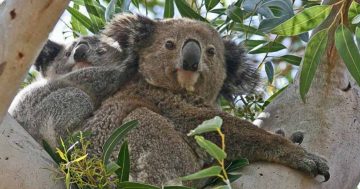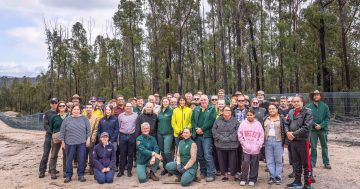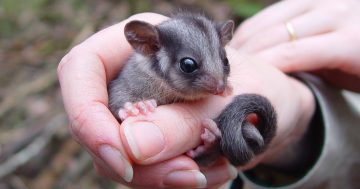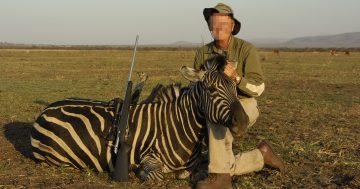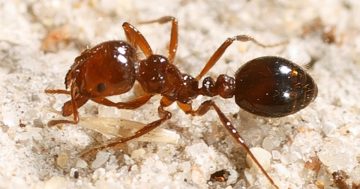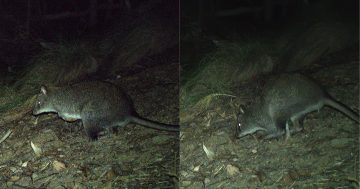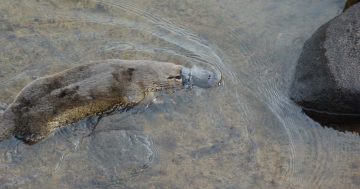 The Queensland Audit Office has followed up on a previous report, Conserving Threatened Species (2018-19) due to the adverse findings and the significance of recommendations it made.
The Queensland Audit Office has followed up on a previous report, Conserving Threatened Species (2018-19) due to the adverse findings and the significance of recommendations it made.
In addition, the Office considered the subsequent impacts of bushfires and floods on critical habitats and animals.
Auditor-General, Brendan Worrall said that in 2018 he made seven recommendations to the Department of Environment and Science (DES) to improve its governance, processes and systems to better protect animals and plants at risk of extinction.
Four years later, I am reporting its progress,” Mr Worrall said.
“The Department has made progress implementing the recommendations, but much more remains to be done, and the improvements to populations of threatened animals and plants are not yet realised.”
He said that since the 2018 report, the Department had been more active in nominating animals and plants to assess and list as threatened.
“As a result, 79 more threatened species have been identified and listed,” the Auditor-General said.
“Amending the Act has significantly reduced the time taken to list threatened species, from an average of 506 business days in 2018 to only 56 in 2022.”
However, the Department still needed to reassess 366 animals and plants, while it had not set time frames or agreed on the factors that would trigger a reassessment of its classifications.
“Timely and up-to-date information on classifications is important to inform a range of decisions to support inter-jurisdictional cooperation on threatened species,” Mr Worrall said.
The Auditor-General’s 32-page report can be accessed at this PS News link.


